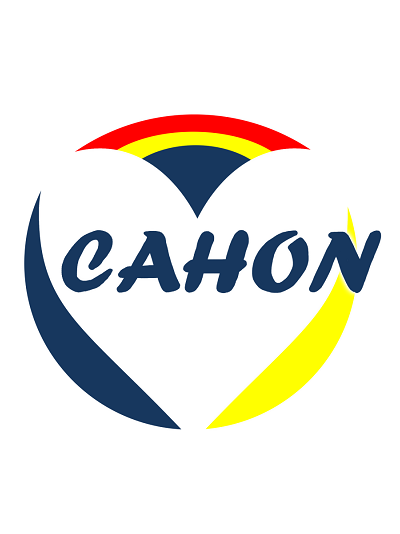在三线或三线以上复发/难治性大B细胞淋巴瘤治疗中,比较依帕妥珠单抗与化学免疫疗法、基于泊拉珠单抗的治疗方案、基于他法西单抗的治疗方案或嵌合抗原受体T细胞疗法的治疗效果
IF 29.5
1区 医学
Q1 HEMATOLOGY
引用次数: 0
摘要
目前有许多疗法可用于治疗经过≥两线治疗后复发/难治(R/R)的弥漫大B细胞淋巴瘤(DLBCL),但有关这些疗法疗效比较的证据却很少。本研究采用逆治疗概率加权法,间接比较了 EPCORE NHL-1 试验中的依普柯利他单抗治疗结果与化疗免疫疗法(CIT)和新型疗法(基于泊拉珠单抗的治疗方案、基于他伐他单抗的治疗方案和嵌合抗原受体 T 细胞 [CAR T] 疗法)治疗三线或三线以上 R/R 大 B 细胞淋巴瘤(LBCL)和 DLBCL 的临床实践队列中的单个患者数据。在这项分析中,与CIT、以泊拉珠单抗为基础的疗法和以他法西他单抗为基础的疗法相比,艾普科瑞他单抗的反应率和总生存率明显更高。在R/R LBCL中,与CAR T相比,epcoritamab在应答率或生存率方面没有统计学意义上的差异。本文章由计算机程序翻译,如有差异,请以英文原文为准。
Comparisons of treatment outcomes of epcoritamab versus chemoimmunotherapy, polatuzumab-based regimens, tafasitamab-based regimens, or chimeric antigen receptor T-cell therapy, in third-line or later relapsed/refractory large B-cell lymphoma
Many therapies are available for the treatment of relapsed/refractory (R/R) diffuse large B-cell lymphoma (DLBCL) after ≥ 2 lines of therapy, albeit with scant evidence on the comparative effectiveness of these therapies. This study used inverse probability of treatment weighting to indirectly compare treatment outcomes of epcoritamab from the EPCORE NHL-1 trial with individual patient data from clinical practice cohorts treated with chemoimmunotherapy (CIT) and novel therapies (polatuzumab-based regimens, tafasitamab-based regimens, and chimeric antigen receptor T-cell [CAR T] therapies) for third-line or later R/R large B-cell lymphoma (LBCL) and DLBCL. In this analysis, epcoritamab demonstrated significantly better response rates and overall survival rates than CIT, polatuzumab-based regimens, and tafasitamab-based regimens. No statistically significant differences in response rates or survival were found for epcoritamab compared with CAR T in R/R LBCL.
求助全文
通过发布文献求助,成功后即可免费获取论文全文。
去求助
来源期刊
CiteScore
48.10
自引率
2.10%
发文量
169
审稿时长
6-12 weeks
期刊介绍:
The Journal of Hematology & Oncology, an open-access journal, publishes high-quality research covering all aspects of hematology and oncology, including reviews and research highlights on "hot topics" by leading experts.
Given the close relationship and rapid evolution of hematology and oncology, the journal aims to meet the demand for a dedicated platform for publishing discoveries from both fields. It serves as an international platform for sharing laboratory and clinical findings among laboratory scientists, physician scientists, hematologists, and oncologists in an open-access format. With a rapid turnaround time from submission to publication, the journal facilitates real-time sharing of knowledge and new successes.

 求助内容:
求助内容: 应助结果提醒方式:
应助结果提醒方式:


